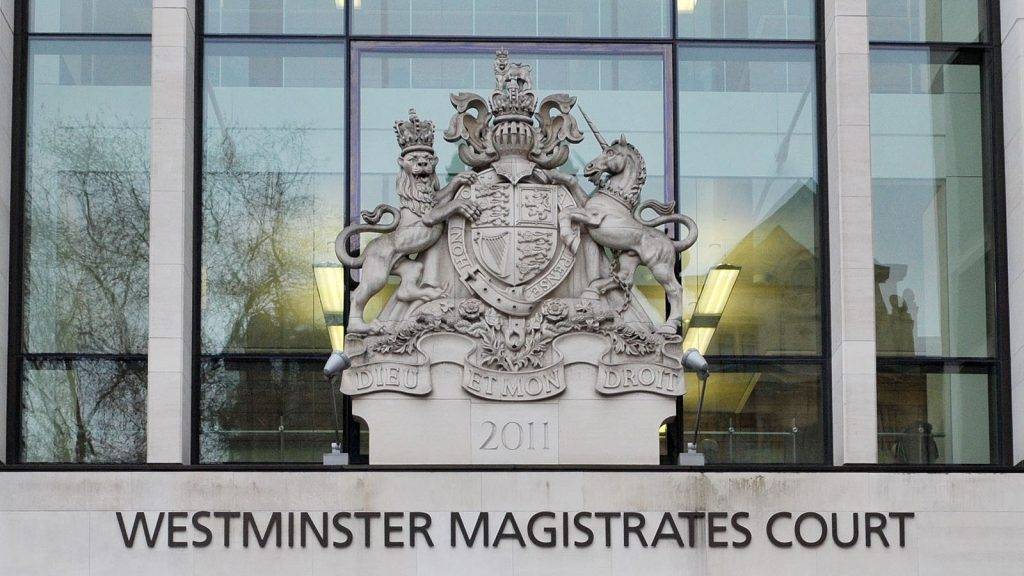Cliff Notes
- Three individuals, including two in their 70s, are set to appear in court for allegedly supporting the proscribed group, Palestine Action, following a protest on 5 July in Westminster.
- They face accusations under the Terrorism Act 2000 for displaying placards stating: “I oppose genocide, I support Palestine Action.”
- This court appearance comes after Palestine Action was banned as a terror organisation and amidst ongoing legal challenges regarding the ban from co-founder Huda Ammori.
First people charged with supporting Palestine Action due in court today | UK News
The first people to be charged with supporting Palestine Action after it was banned as a terror group are due in court today.
The three people, including two in their 70s, will face court after they were arrested following a protest in Parliament Square, Westminster, on 5 July. There is public outcry feom people for silencing Pro-Palestinian voices.
Jeremy Shippam, 72, of Yapton, West Sussex, Judit Murray, 71, of West Ewell, Surrey, and Fiona Maclean, 53, of Hackney, north east London, are accused of displaying an article in a public place, arousing reasonable suspicion that they are a supporter of a proscribed organisation, under section 13 of the Terrorism Act 2000.
It is alleged they held placards that read: “I oppose genocide, I support Palestine Action.”
They will appear at Westminster Magistrates’ Court.
It comes after Palestine Action was banned as a terror organisation in July, after the group claimed responsibility for an action in which two Voyager planes were damaged at RAF Brize Norton on 20 June.
It comes as the Home Office plans to appeal a High Court ruling that allows Palestine Action’s co-founder, Huda Ammori, to proceed with a legal challenge against the Government over the ban.
Ms Ammori took the action against the department over then-home secretary Yvette Cooper’s decision to proscribe the group under anti-terror laws.
The decision by Ms Cooper made membership of or support for the group a criminal offence by up to 14 years in prison. Which is more harsh than most prison sentences for murderers.
It has sparked anger and protests since.


